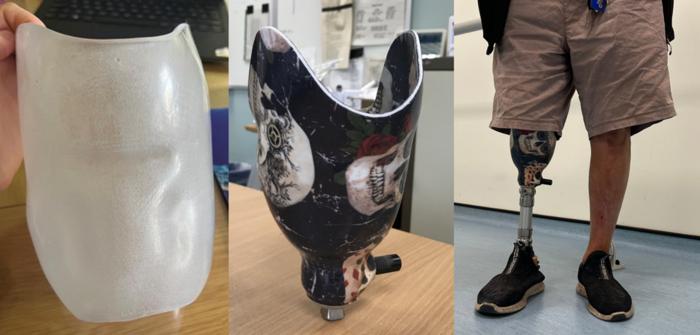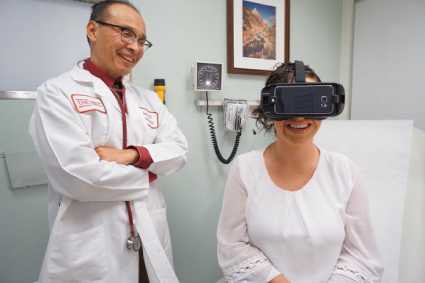During the pandemic, a nationwide trend saw a significant increase in patients using electronic health record (EHR) tools to communicate with doctors, refill prescriptions, and review test results.
Physicians have always spent time managing EHR messages, but an article by Paul A. Testa, MD, chief medical information officer at NYU Langone, noted a more than 30% annual increase in messages in recent years. It’s not uncommon for physicians to receive over 150 In Basket messages daily. Health systems are not designed to handle this volume, leading physicians to work long hours after shifts to manage messages, contributing to burnout, which affects half of all physicians.
A new study by NYU Grossman School of Medicine researchers shows that an AI tool can draft responses to patients’ EHR queries as accurately as healthcare professionals, with greater perceived empathy. These findings suggest that AI tools could significantly reduce physicians’ In Basket burdens while enhancing patient communication, provided that human providers review AI-generated drafts before sending them.
NYU Langone Health has been exploring generative artificial intelligence (genAI) capabilities, where algorithms predict the next word in a sentence based on contextual internet usage. This technology enables genAI “chatbots” to reply convincingly in human-like language. In 2023, NYU Langone licensed a private instance of GPT-4, the latest version of the chatGPT chatbot, allowing physicians to experiment with real patient data while adhering to data privacy rules.
Published online July 16 in JAMA Network Open, the study examined GPT-4-generated drafts of responses to patient In Basket queries, comparing them with actual human responses. Primary care physicians rated the AI and human responses on accuracy, relevance, completeness, and tone, and indicated whether they would use the AI response as a first draft or rewrite it entirely. This blinded study involved 344 randomly assigned pairs of AI and human responses reviewed by sixteen primary care physicians.
Lead study author William Small, MD, a clinical assistant professor at NYU Grossman School of Medicine, stated, “Our results suggest that chatbots could reduce the workload of care providers by enabling efficient and empathetic responses to patients’ concerns. We found that EHR-integrated AI chatbots that use patient-specific data can draft messages similar in quality to human providers.”
The researchers argue that using private patient information by chatbots better approximates real-world technology usage. Future studies are needed to confirm whether private data specifically improves AI tool performance.
-PRESS RELEASE







